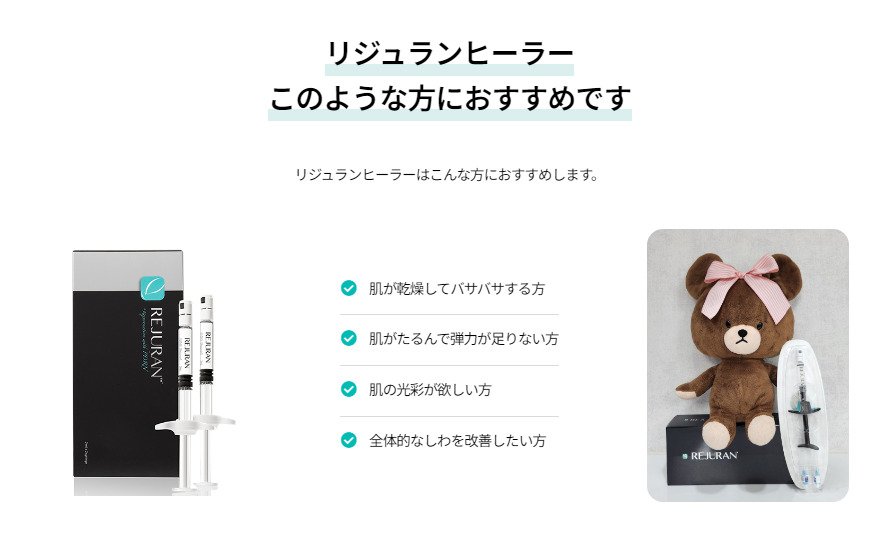What are the Advantages of 21001 as ISO Certification for Colleges?
“Education is the most powerful weapon which you can use to change the world”- Nelson Mandela
Education is indeed the most powerful weapon as it has the potential to change the future of humanity. It is the ultimate solution to many global problems, such as Poverty, unemployment, terrorism, and many others. India stands at 33rd position in terms of education, and its higher education system was ranked 26th and is well known for engineering and technology subjects.
Education is one of the fundamental rights in our constitution, and our constitution mandates government to provide free education. But still, India has the largest number of illiterate adults, around 287 million, which is 37% of the global population. A right that is still a fight. The quality of education also varies all around the world, and the ISO has developed ISO 21001 Certification to address and manage the issues related to the quality of education.
What is ISO 21001 Certification?
ISO 21001:2018 Certification specifies the requirements for an Educational Organization Management System. The International Organization for Standardization has developed ISO 21001 Certification- Educational Organization Management System (EOMS). It provides a framework for establishing EOMS and provides tools for educational institutions to improve their services. It aims to strengthen the teaching-learning process and seeks to meet learner’s requirements and needs.
ISO 21001- Educational Organization Management System (EOMS)
ISO 21001 Certification – Educational Organization Management System works on 11 principles and offers tools to improve the teaching and learning process. These 11 principles are:
1. Focus on learners and other beneficiaries – It primarily focuses on meeting the needs and requirements of the learners and other beneficiaries and exceeding their expectations.
2. Visionary leadership – The top-level management plays a crucial role in defining the scope, mission, and vision of the organization. EOMS requires engaging all the learners and beneficiaries in determining the organization’s vision, mission, and objectives.
3. Engagement of people– It focuses on including all the learners and beneficiaries, but at the same time, it also ensures that all the individuals involved are competent, empowered, and valuable.
4. Process approach– It follows a process approach which focuses on varied classroom activities and promotes language development using brainstorming, group discussions and re-writing methods. It aims to achieve consistent and predictable outcomes and establishes a coherent system.
5. Improvement– Successful organizations follow the principle of continual improvement.
6. Evidence-based decisions– A curriculum based on analysis and evaluation of information and data is likely to produce more desirable results. It reviews and monitors information and data to provide clarity and confidence, leading to greater objectivity and confidence in decision-making.
7. Relationship management– It is like the relationship management principle and requires managing relationships with interested parties, beneficiaries, and stakeholders to sustain success.
8. Social responsibility– It ensures the long-term success and sustainability of the organization. The concept of social responsibility does not apply to companies and NGOs, instead educational institutions are also responsible for all the operations that impact the public and society.
9. Accessibility and equality– EOMS promotes innovation and encourages transparent, accountable, flexible, and inclusive institutions. It addresses the needs, interests, and requirements of the individual learners.
10. Ethical conduct in education- It provides a framework for creating an ethical professional environment which caters for the needs of all interested parties equally. It focuses on avoiding conflicts of interest and adopts processes and practices that benefit society at large.
11. Data security and protection – Educational institutions collect and store a large amount of data, and data protection and cyber security are essential for educational institutions. ISO 27001 Certification provides a framework for data security and protects organizations from cyber-attacks, such as data theft and data breaches.
Why is ISO 21001 Certification important?
The ISO 21001 certification ensures that education providers offer the highest quality instructions and promote innovation and the overall development of the learners. ISO 21001 Standards are an independent measure of education provider quality. ISO 21001 Certification offers the following benefits to an organization.
The benefits of ISO 21001 standards are as :-
- Empowers educational institutions to deliver efficient and adequate services and focuses on the needs and requirements of individual learners.
- Ensures productivity, well-being and safety of learners and aims to provide quality education to the learners.
- Promotes innovation and inclusive educational institutions and guarantees accessible and equitable education for all.
- Enhances an organization’s reputation and makes it more credible and reliable.
- It encourages sustainable growth and addresses key challenges in the education sector.
Conclusion
ISO 21001:2018 is an internationally accredited standard for Educational Organizations Management System (EOMS). It is a stand-alone standard and focuses on the interaction between educational institutions, learners, and other beneficiaries. It applies to all educational institutions regardless of the size, nature, and location. It is beneficial for both learners as well as educational institutions. It makes institutions transparent, accountable, and inclusive and promotes the all-round development of learners.







